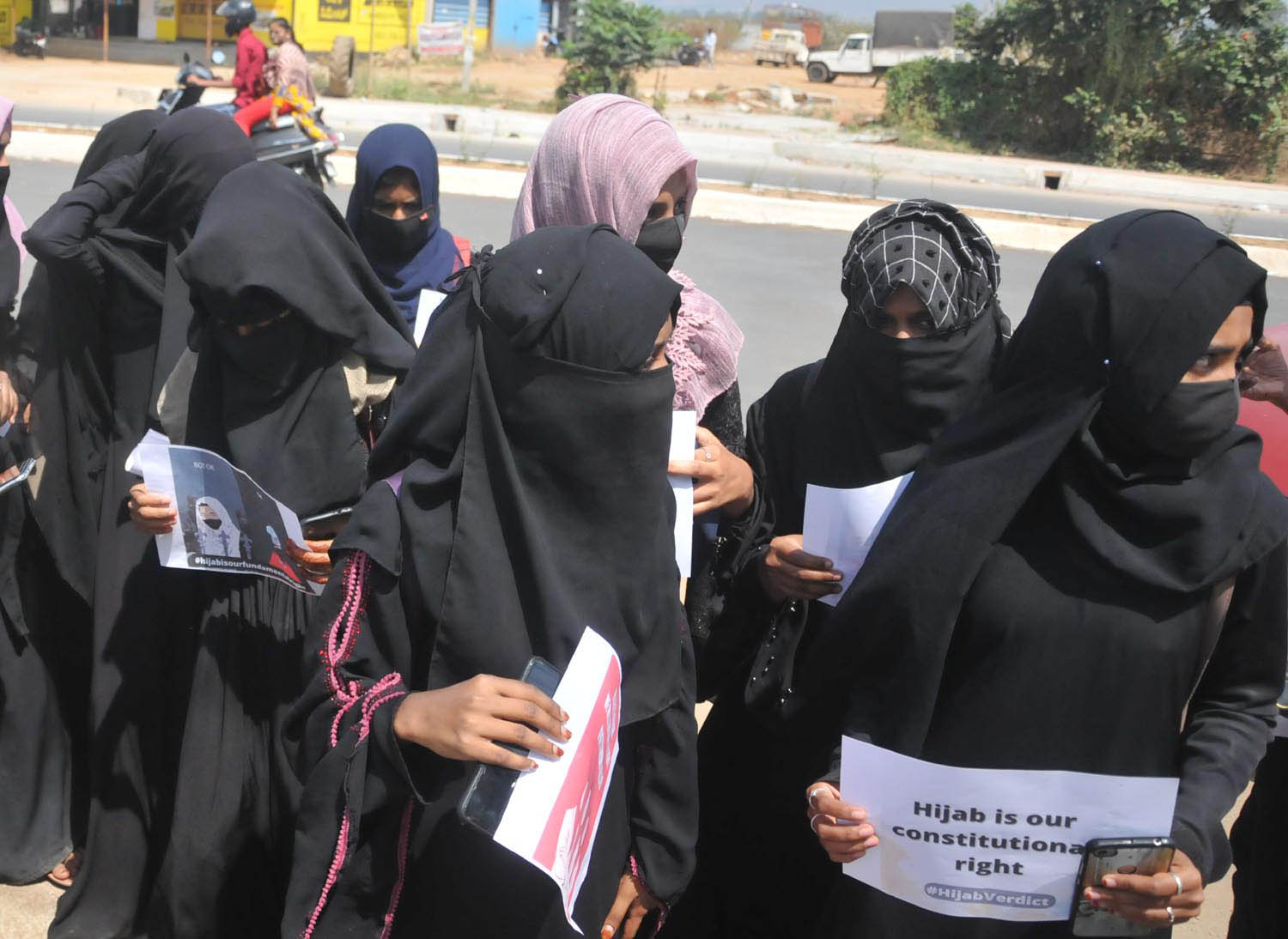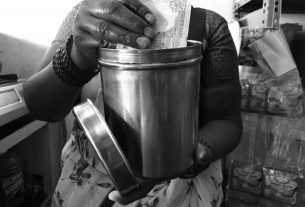It’s not easy to live in a world when you’re stripped off of your right to wear anything you like, writes Ayndrila Banerjee
Nausheen Sultana was 14 years old when she decided to wear a hijab. Now she is 29 and works as a software engineer in Bengaluru. The hijab row that had erupted in Karnataka’s Udupi had a ripple effect in other parts of the country, especially in the capital city. The row has left women in hijab insecure about their future and safety. Nausheen is one of them.
“At a very young age I had decided to wear the Hijab. It was entirely my choice. Nobody imposed it on me since my own family took a little while to accept me wearing a Hijab. But my decision to take it up was based on the time I started to read more about my religion. The more I learnt about Islam, the more I related to it. It felt very meaningful to me,” said Nausheen who seemed very pleased to have taken the decision to wear a hijab.
The hijab has different meanings to different people. For some it might be oppressive, while for others it might be liberating. Historically speaking, the purpose of hijab was to ‘protect’ women from male gaze. According to popular beliefs, there was a time when the hijab was only worn by Prophet Mohammed’s wives to shield them from his enemies.
For Nausheen, Hijab means respect as well as protection. At the same time, she believes that muslim women who choose not to wear the hijab are well within their rights to do so. “I feel protected when I wear the Hijab. It gives me the respect I deserve while wearing it. So, when I walk out the house wearing the hijab, I am taking the fuss away from how I look or how my hair is. I can have people look at me for who I am, for how I can think or how I can talk. I personally don’t want people to form an image of me based on how I dress or look. In these ways I feel that the hijab has liberated me. Now, I have less things to bother about as I am covered with the hijab most of the time,” she said.
The incident where girls were denied entry in their college because they were wearing hijab, sparked off an entire debate on whether or not students should be allowed to wear “religious symbols” in educational institutions. Finally on 16th March 2022, it was settled by the Karnataka High Court that the hijab is a “non- essential religious practice” and that students must maintain uniformity in schools and colleges. However, in the larger context the row had affected many hijab wearing women, either directly or indirectly. For Nausheen it was an indirect violation of her right. Furthermore, she feels that not many people have stood by her during the hijab row. She said, “Since I haven’t actually had anyone to tell me to take my hijab off yet, I wouldn’t say I have felt anything close to what those girls have gone through. But at the same time, having this entire hijab row happening and not hearing from my non-Muslim friends to check up on me, whom I have grown up with, who know what hijab means to me, has definitely affected me. I feel like there is no sense of solidarity.”
Nausheen can’t help but think that all eyes are on her- as a woman who wears a hijab- as soon as she steps out of her home. “I am not sure if things have changed or it is just my imagination but I obviously don’t feel as secure or as confident as I used to before. Now it feels like my neighbours or my colleagues or my friends are maybe one of those people who think that hijab is problematic. All of this has taken away my confidence,” she said.
To draw a parallel, back in 1984 many Sikhs had to give up wearing the turban to conceal their identity as Sikhs in the context of the anti-Sikh riots. Many young girls today are being forced to take off their hijabs when stepping out of their homes.
Nausheen does not plan on giving up the hijab as a result of the row.If anything, she is now firm on defending her right to wear it. “I am someone who has always done what I think is right for me. I don’t compromise my choices, regardless of what people think. So, I won’t ever give up something that is a part of my identity, that is, my hijab.”



